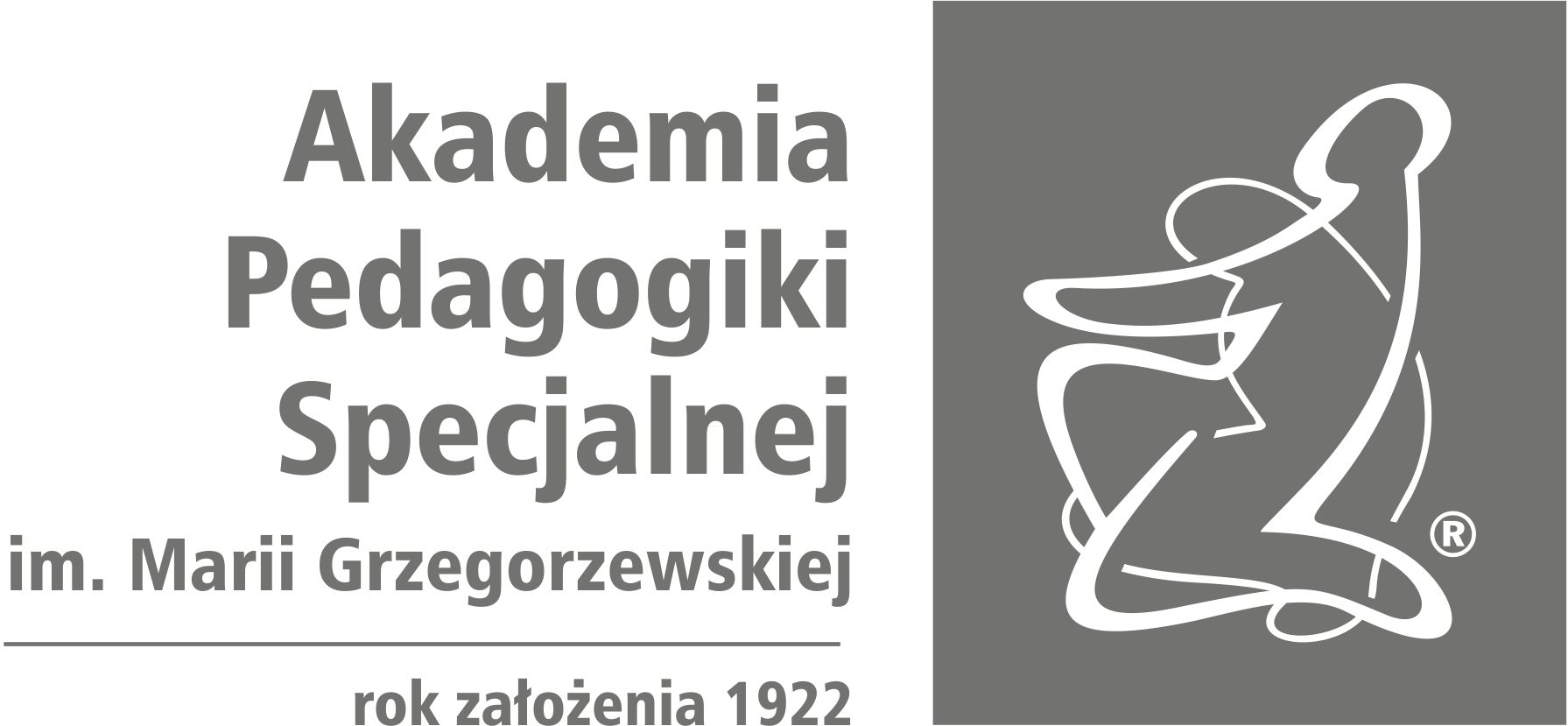Creativity Workshops at Home: The Role of Creative Competencies, Attitudes and Practices of Parents in the Shaping of Creativity in Pre-school Children [00-0F-CWH]
Semestr letni dla niestacjonarnych 2020/2021
Wykład,
grupa nr 1
| Przedmiot: | Creativity Workshops at Home: The Role of Creative Competencies, Attitudes and Practices of Parents in the Shaping of Creativity in Pre-school Children [00-0F-CWH] | ||||||||||||
| Zajęcia: |
Semestr letni dla niestacjonarnych 2020/2021 [2020Ln]
(zakończony)
Wykład [WYK], grupa nr 1 [pozostałe grupy] |
||||||||||||
|
Termin i miejsce:
|
jednokrotnie, niedziela (konkretny dzień, zobacz opis przedmiotu), 15:45 - 18:10
(sala nieznana) |
||||||||||||
|
Terminy najbliższych spotkań:
Kliknij w datę by zobaczyć tygodniowy plan z zaznaczonym spotkaniem. |
Wszystkie zajęcia tej grupy już się odbyły - pokaż terminy wszystkich spotkań.
|
||||||||||||
| Liczba osób w grupie: | 176 | ||||||||||||
| Limit miejsc: | 200 | ||||||||||||
| Prowadzący: | Małgorzata Korko | ||||||||||||
| Literatura: |
(tylko po angielsku) Literature to read: Fradera, A. (2017). The four ways to promote creativity in children come more naturally to some mothers than others. Research Digest. The British Psychological Society. Retrieved from: https://digest.bps.org.uk/2017/12/04/the-four-ways-to-promote-creativity-in-children-come-more-naturally-to-some-mothers-than-others/ Kwaśniewska, J. M., Gralewski, J., Witkowska, E. M., Kostrzewska, M., & Lebuda, I. (2018). Mothers’ personality traits and the climate for creativity they build with their children. Thinking Skills and Creativity, 27, 13-24. Pang, W., Lu, Y., Long, H., Wang, Q., & Lin, L. (2020). Three-generational families: Are they beneficial to Chinese children’s creativity?. Thinking Skills and Creativity, 35, 100623. Pugsley, L., & Acar, S. (2020). Supporting creativity or conformity? Influence of home environment and parental factors on the value of children's creativity characteristics. The Journal of Creative Behavior, 54(3), 598-609. |
||||||||||||
| Zakres tematów: |
(tylko po angielsku) The module will cover the following topics: - What is creativity? Various models of creativity and how they can be applied to the home environment. Can creativity be taught? Can it be assessed? Factors affecting creative behaviour. - Family context & creativity; parental awareness, competencies, attitudes, creative potential, practices and their relationship with preschool children’s creativity; other characteristics of a family (e.g., structure, power relations) that affect young children’s creativity; - Aspects of the home environment (space, time, resources) that affect creativity; aspects, processes and outcomes of creative play - Activities/ play that stimulate creativity in specific developmental domains - Creativity in the digital age – how technology can facilitate but also challenge children's creativity |
||||||||||||
| Metody dydaktyczne: |
(tylko po angielsku) An interactive lecture with short activities in the form of quizzes, surveys, creative tasks, generation of explanations of study results, discussion of findings. |
||||||||||||
| Metody i kryteria oceniania: |
(tylko po angielsku) Assignments, methods and criteria of their assessment: 1) Active attendance. Short activities in the lecture – 10% of the overall mark 2) Reading an assigned text. The knowledge of the text will be assessed with a quiz.- 30% of the overall mark 3) Multimedia presentation – students are asked to place themselves in the shoes of an early years educator. The aim of the presentation is to raise parents’ awareness on how to support their children’s creativity. Students think of a creative activity or a form of play that can be done at home with a child (3-6 years). They prepare a group presentation in the form of a 10-15 min video recording or a 10-12 PP slides in which they describe the activity/ play and present scientific evidence on how it stimulates creativity. Creativity is encouraged. Group work (4-5 people) worth 60% of the overall mark. Marking scale • 51% – 60% – satisfactory (3) • 61% – 70% – more than satisfactory (3+) • 71% – 80% – good (4) • 81% – 90% – more than good + (4+) • 91% – 100% – very good (5) |
||||||||||||
| Uwagi: |
wykład monograficzny I ZU/PC i I ZU/PE; Creativity workshops at home: The role of creative competencies, attitudes and practices of parents in the shaping of creativity in pre-school children j.angielski |
Właścicielem praw autorskich jest Akademia Pedagogiki Specjalnej im. Marii Grzegorzewskiej w Warszawie.

